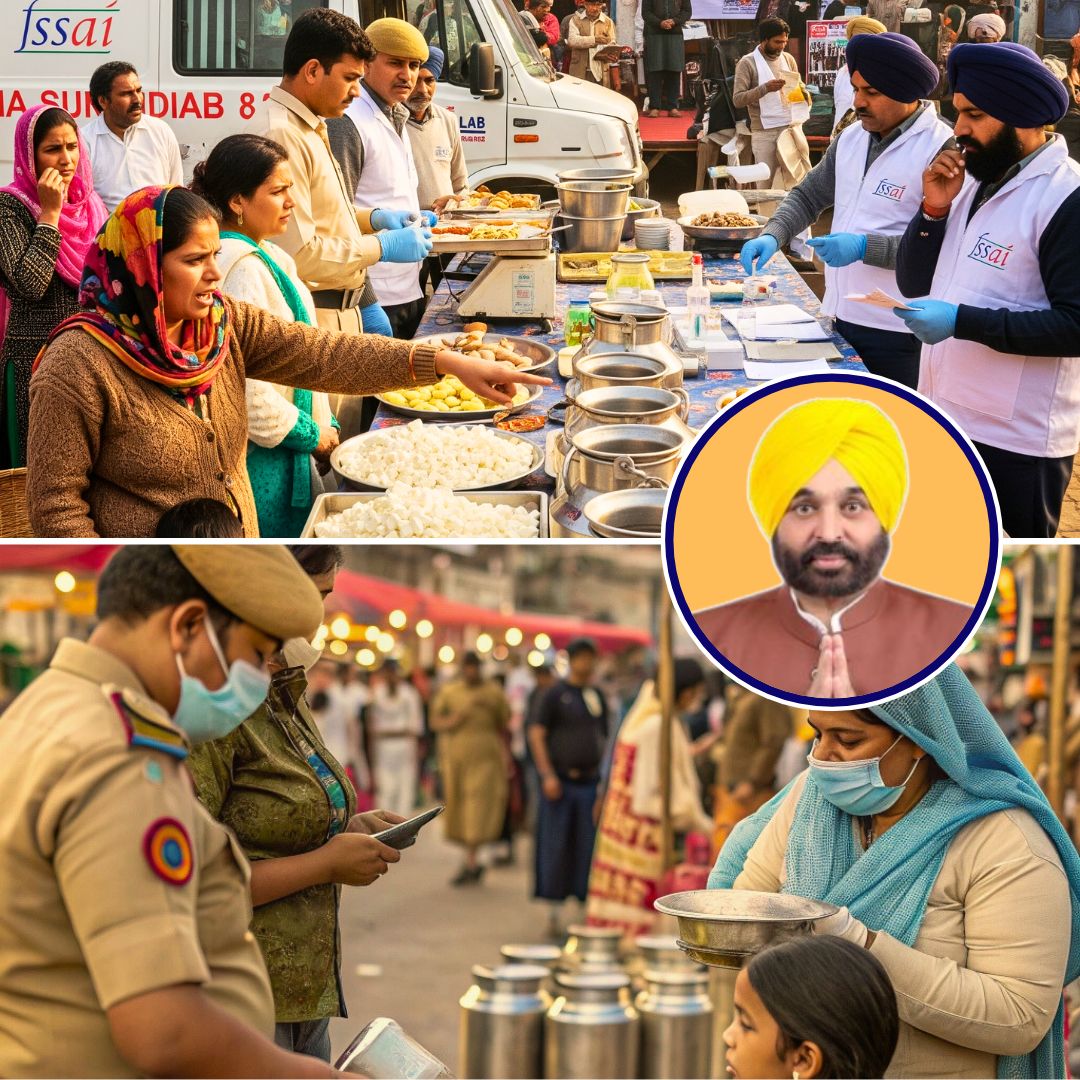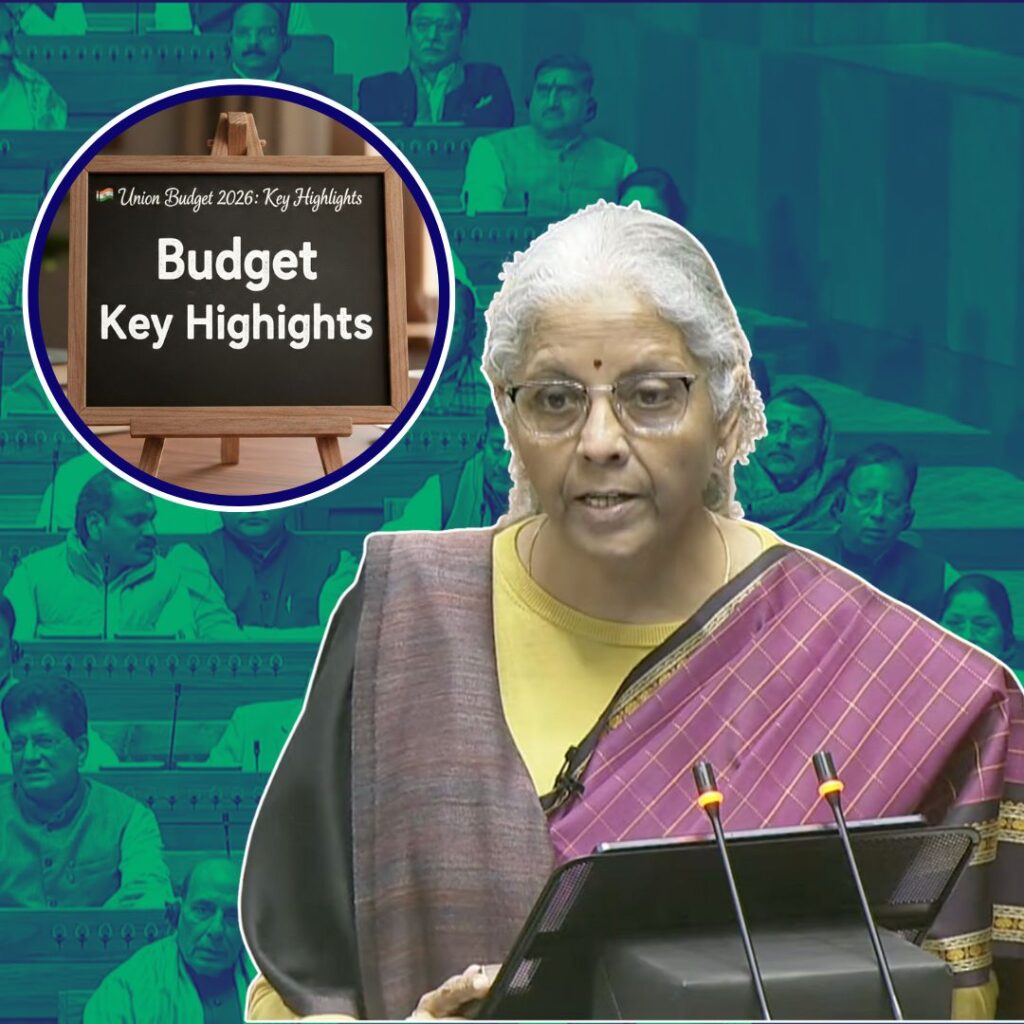Punjab has intensified an unprecedented crackdown on food adulteration through August 2025, seizing and destroying over 5,300 kg of contaminated paneer and more than 4,000 kg of substandard milk.
Backed by Food Safety on Wheels mobile labs and cutting-edge testing facilities, officials have expanded the drive to target adulterated ghee, sweets, spices, edible oils, and even fresh produce. District-wide raids, surprise inspections, and instant testing are underway to protect public health and restore consumer trust.
The action, prompted by alarming food safety failures and a tragic child’s death from adulterated cake, now includes widespread bans, penal action, and hundreds of public awareness drives.
Authorities urge every food business operator to register and comply, while calling on consumers to stay vigilant, test their purchases, and report violations.
Major Seizures, Statewide Inspections, and Officials’ Commitments
Field enforcement teams, equipped with mobile lab vans, have visited hundreds of urban and rural markets across Punjab, conducting thousands of spot tests on milk, paneer, packaged water, desi ghee, and seasonal foods.
According to official data, over 18,000 enforcement samples and 12,000 surveillance samples have been collected this year alone. Paneer and milk have shown the highest adulteration levels over 1,000 of 2,340 paneer samples failed standards, leading to the destruction of tonnes of food deemed unfit for human consumption. In Jalandhar and Hoshiarpur, shops and dairies with unhygienic premises have been sealed on the spot.
Health Minister Dr Balbir Singh reinforced the zero-tolerance policy, stating: “If it’s not safe, it’s not food. We will not allow the health of Punjabis to be compromised for someone’s profit. Food adulteration will not be tolerated at any cost.”
The Food and Drug Administration (FDA) has also confirmed 145 convictions in the past five years, with fines and up to six months’ imprisonment under the Food Safety and Standards Act. Officials stress that every food-related establishment from large manufacturers to small vendors must now mandatorily register with the state.
Enforcement Triggers, Legal Backing, and Wider Policy Measures
The sweeping crackdown builds on years of concerns about food safety in Punjab. In 2024–25 alone, 1,420 food samples failed quality tests, many containing harmful chemicals, synthetic colours, or excessive bacterial contamination.
A turning point came when a 6-year-old girl died in Patiala after consuming a birthday cake found to contain hazardous substances a tragedy that led the Punjab and Haryana High Court to order intensified monitoring.
Since then, the government has rolled out strong policy interventions:
- Ban on energy drinks and caffeinated beverages near schools.
- Monthly drives against artificial ripening of fruits, particularly with harmful calcium carbide.
- Routine checks for heavy metal contamination in spices and grains.
- Establishment of over 150 “Eat Right India” certified food hubs, clean street food clusters, and healthy campuses.
- Over 500 public awareness camps, training vendors in hygienic practices and informing citizens about spotting adulterated food.
The crackdown is also scientific partner laboratories and mobile vans deliver results immediately, and fail cases are documented for prosecution. According to FDA officials, “There is no negligence on the part of the state the department is working day and night to improve the food safety ecosystem with public health as the top priority.”
The Logical Indian’s Perspective
Punjab’s expanded food safety mission signals not just enforcement but a cultural shift against dangerous shortcuts in the food industry. While the legal actions and bans are a strong deterrent, lasting change hinges on citizens becoming partners in the mission reporting violations, supporting ethical vendors, and demanding transparency from businesses. Community vigilance, combined with sustained testing infrastructure, can pave the way for zero tolerance of adulteration.
The Logical Indian believes that protecting our plates also means protecting our people from children in schools to families across cities and villages. It’s not only about punishing wrongdoers but also about building trust, awareness, and accountability in the food chain. How can government, citizens, and the food industry together make Punjab and eventually the whole country a model of uncompromised food safety?












